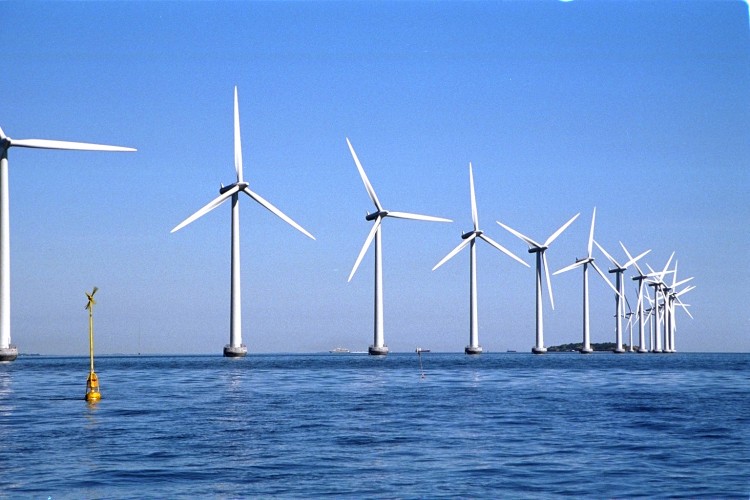by Nick Butler* Is energy policy made in Brussels ? The obvious answer would be no. The EU may have an energy commissioner but he has little real authority. Energy policy is still under the control of individual national governments and as a result there are 28 very different approaches and outcomes. France is supplied by nuclear power. Germany by contrast is phasing out nuclear in favour of renewables. Much of Eastern Europe still depends on coal. There is cross border trade, of course, but most countries have their own distinct energy market
A series of announcements over the last few weeks, however, suggests that the European Commission which is in its last year in office wants to assert its authority over energy issues by indirect means, using environmental and competition policy to create a de facto Common Energy Policy. A Commission policy statement on energy will be published before the end of January. The issue promises to become more visible and part of the continuing debate about the balance of power between Brussels and the member states.
The first of the three areas of contention concerns the subsidies given to companies which use large amounts of energy and whose businesses could be rendered uneconomic as high cost renewables replace lower cost, and usually more carbon intensive supplies. Nowhere are these subsidies or exemptions more important than in Germany where they benefit some of the largest and most powerful industrial companies in sectors such as chemicals and steel production. If the new EU inquiry into the exemptions leads to them being declared illegal such businesses could choose to relocate some or all of their production elsewhere, threatening jobs and, given the multiplier effect of their decisions, contributing to the deindustrialisation of Europe. Mrs Merkel has spoken out very strongly against the threat to German jobs.
The second challenge is to the UK’s attempt to encourage the development of new nuclear. Nuclear seems, at least when it comes to the technology being proposed for Hinkley Point to be the one form of energy where costs are rising. To induce development the UK is offering not just an index linked price for 35 years starting at double the current wholesale price but also extensive Government guarantees. In the eyes of the Commission the real problem lies in the guarantees which look suspiciously like a subsidy. In reality it would be a distortion of the English language to call them anything else. If the guarantees are ruled to be illegal the current deal will fall apart and a cloud of uncertainty will gather over all the other "subsidies” which support energy development in many different member states.
The third challenge concerns shale gas. The EU is in the process of developing new framework legislation which will shape the environmental decisions around all new oil and gas developments. Some, including many in the European parliament and a number of NGOs, want explicit additional legislation to cover shale gas developments – a measure which if passed would at the very least impose a long delay on shale gas development in the UK. As things stand, following intensive lobbying by the UK Government before Christmas shale gas will not be given special treatment. But the debate is not over and those who want to frack – in UK, Poland, Romania and elsewhere – will be watching the detailed proposals with concern. The new environmental legislation in any case gives Brussels the power to set standards which will affect all developments.
None of these issues will be resolved anytime soon, leaving national energy policy in limbo, and adding to the uncertainty facing both investors and businesses which are large energy users. The outgoing Commission is widely regarded as a lame duck, and some of these decisions might well be deferred to the new Commission – which means 2015.
It would probably be unfair to suggest that there is a master plan
somewhere in the Brussels machinery to give the EU full authority over
energy policy decisions. The net effect of these and other indirect
actions, however, is to give the EU a bigger role. The sad thing is that
none of the steps mentioned above do anything to secure European energy
needs or to reduce costs. Legal cases which delay or defer investment
in nuclear or shale gas or anything else have the effect of cutting the
supply potential and leaving Europe more dependent on imports than ever.




